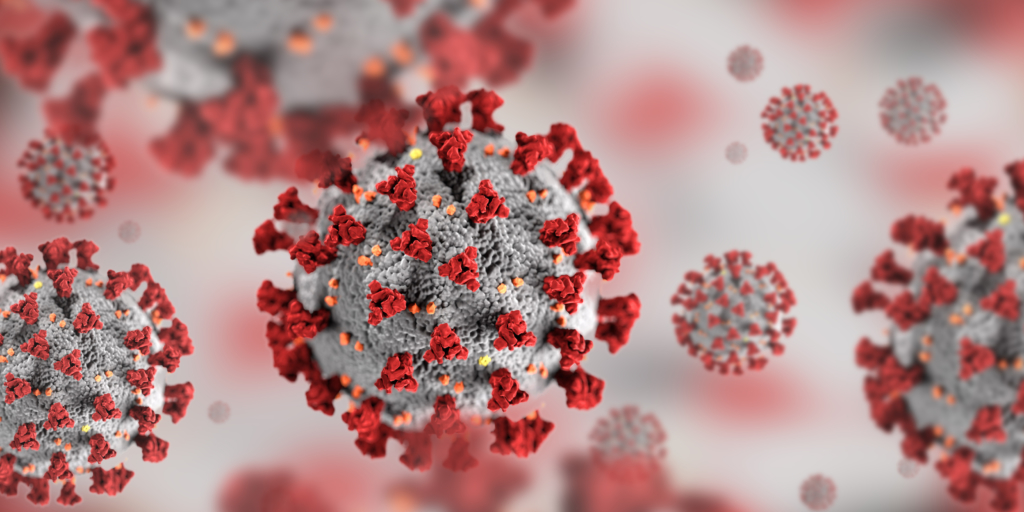Gov. Gavin Newsom broke news on Tuesday by announcing that he appears to have the votes to reinstate Covid-19 sick pay.
The LA Times published an article early Tuesday afternoon stating that Newsom and state lawmakers would reinstate a requirement for employers to provide workers with up to two weeks of supplemental paid sick leave to recover from Covid-19 or care for a sick family member.
The deal hasn’t been finalized yet, but we at Bradford & Barthel intend to monitor the situation and expect that it could become the law in the next month.
The news from Newsom’s office would simplify the fact-specific analysis of whether Covid-19 pay is due from the employer, which will have many adjusters sighing with relief.
The state of California did previously have a statutory provision requiring Covid-19 sick pay for up to 80 hours, but that expired on Sept. 30, 2021.
The expiration of that paid sick leave led to a multi-tiered analysis (summarized in this blog post) of whether employer sick pay was still owed, which hinged partially upon a) whether the exposure was work-related and b) whether the employee was in a jurisdiction (ex: City of Long Beach) that had a local rule to provide Covid-19 sick pay.
Generally speaking, Cal-OSHA’s rules and regulations required Covid-19 sick pay if there was a work-related exposure, which states that the employer was supposed to pay the employee as if they were still there. However, questions arose with complex factual scenarios about whether the employer was to keep paying Covid-19 when:
- The employer has paid 80 hours of sick leave, but the employee hasn’t returned to work yet, and AOE/COE is still a legitimate question and the administrator still has time to accept/deny the claim
- It was initially reported as a work-related exposure, but then the employee tells the claims adjuster they probably got infected at the family Christmas party
- It was a nonindustrial Covid-19 exposure, but the employer is (or isn’t, or they don’t know) in a jurisdiction that requires Covid sick pay
- The employer wants the administrator/carrier to pay temporary total disability purely so they don’t have to pay Covid sick pay, regardless of the facts of the case
Newsom’s latest deal would simplify those complex factual scenarios, and in hindsight, that’s probably good. At B&B, we have noticed that the biggest driver of Covid-19 litigation was that people were not getting paid for their time away from work.
Solving that problem not only makes for happier employees, but also happier employers who are able to more quickly welcome productive employees back to work and avoid unnecessary litigation.
Read more… ‘Governor Newsom Signs Covid Sick Pay Bill Into Law‘.
Got a question about workers’ compensation defense issues involving the coronavirus? Feel free to contact Bradford and Barthel’s Covid Response Team at covid@bradfordbarthel.com. John P. Kamin, the author of this article, is a member of the team. Mr. Kamin is a workers’ compensation defense attorney and partner at Bradford & Barthel’s Woodland Hills location, where he monitors the recent legislative affairs as the firm’s Director of the Editorial Board. Mr. Kamin previously worked as a journalist for WorkCompCentral, where he reported on work-related injuries in all 50 states. Please feel free to contact John at jkamin@bradfordbarthel.com or at (818) 654-0411.
Viewing this website does not form an attorney/client relationship between you and Bradford & Barthel, LLP or any of its attorneys. This website is for informational purposes only and does not contain legal advice. Please do not act or refrain from acting based on anything you read on this site. This document is not a substitute for legal advice and may not address every factual scenario. If you have a legal question, we encourage you to contact your favorite Bradford & Barthel, LLP attorney to discuss the legal issues applicable to your unique case. No website is entirely secure, so please be cautious with information provided through the contact form or email. Do not assume confidentiality exists in anything you send through this website or email, until an attorney/client relationship is formed.


